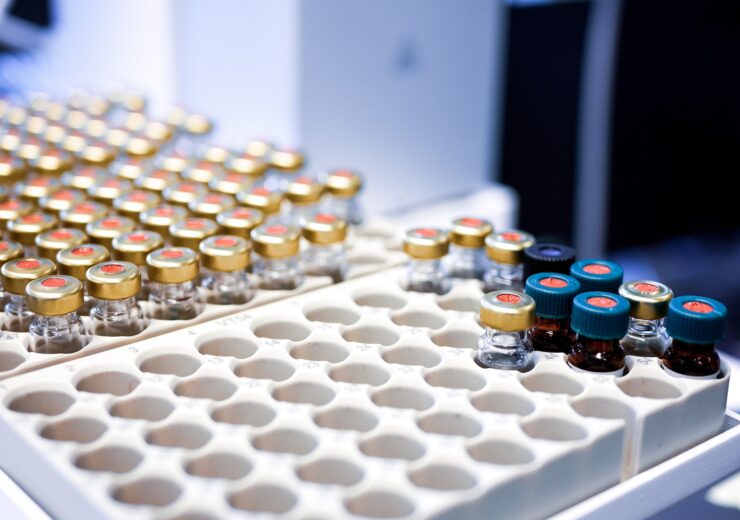Under the agreement, Hikma will develop and commercialise toripalimab in all its MENA markets and will have the first negotiation rights for the future marketing of three under-development drugs

Hikma signs licensing agreement with Junshi for toripalimab in MENA region. (Credit: Julia Koblitz on Unsplash)
British pharmaceutical firm Hikma Pharmaceuticals has signed a new exclusive licensing and marketing agreement with Junshi Biosciences for the cancer treatment drug toripalimab for the Middle East and North Africa (MENA) region.
As per the deal, Hikma will hold an exclusive license to develop and market toripalimab injection in all its MENA markets.
Additionally, the firm will have the first negotiation rights for the future commercialisation of three under-development drugs in MENA.
Toripalimab is claimed as an anti-PD-1 monoclonal antibody developed to block PD-1 interactions with its ligands, PD-L1 and PD-L2. In addition, it blocks interactions with enhanced receptor internalization (endocytosis function).
It promotes the immune system’s ability to attack and kill tumour cells by preventing PD-1 from interacting with PD-L1 and PD-L2, Hikma said.
Junshi Biosciences CEO Dr Ning LI said: “We believe Hikma is the ideal partner for us in the MENA region. As the third largest pharmaceutical company in MENA, with a history of more than 40 years, Hikma is well-established and respected and offers deep-rooted expertise, with unparalleled local knowledge.
“The company has also demonstrated strong commercial capabilities, particularly in areas such as oncology and biotechnology.
“We anticipate that toripalimab could be the first marketed Chinese anti-PD-1 antibody in MENA. We look forward to working closely with Hikma to establish toripalimab’s position in the MENA markets in order to provide patients with high-quality innovative care.”
According to the UK-based pharmaceutical firm, the drug is already approved for marketing in China for six indications to date. Several clinical studies have evaluated the safety and efficacy of toripalimab for a range of tumour types including cancers of the lung, nasopharynx, oesophagus, stomach, bladder, breast, liver, kidney and skin.
In the US, the Food and Drug Administration (FDA) has granted Breakthrough Therapy designations for toripalimab in combination with chemotherapy for the first-line treatment of nasopharyngeal carcinoma (NPC) as well as for toripalimab monotherapy in the second or third-line treatment.
